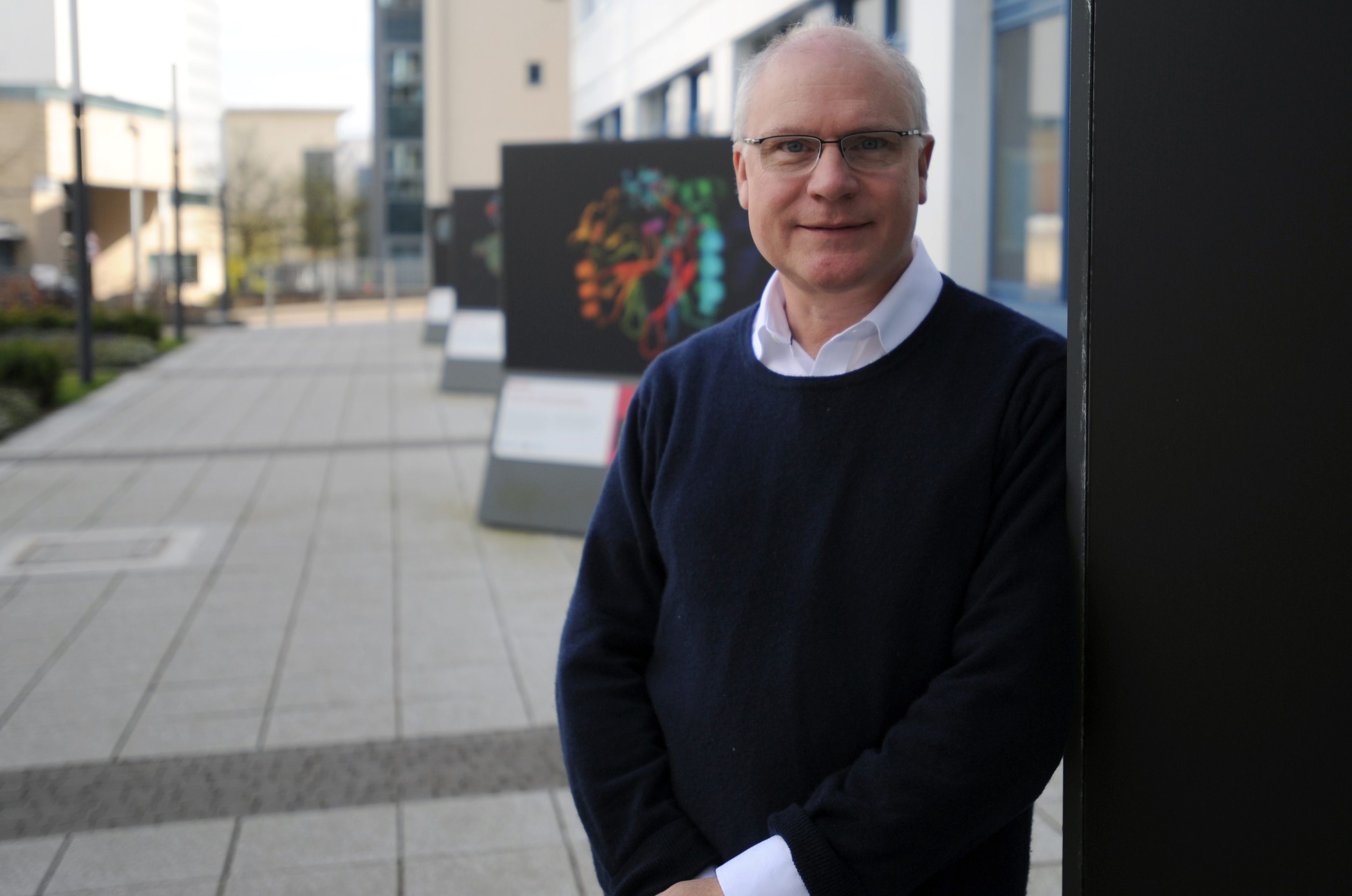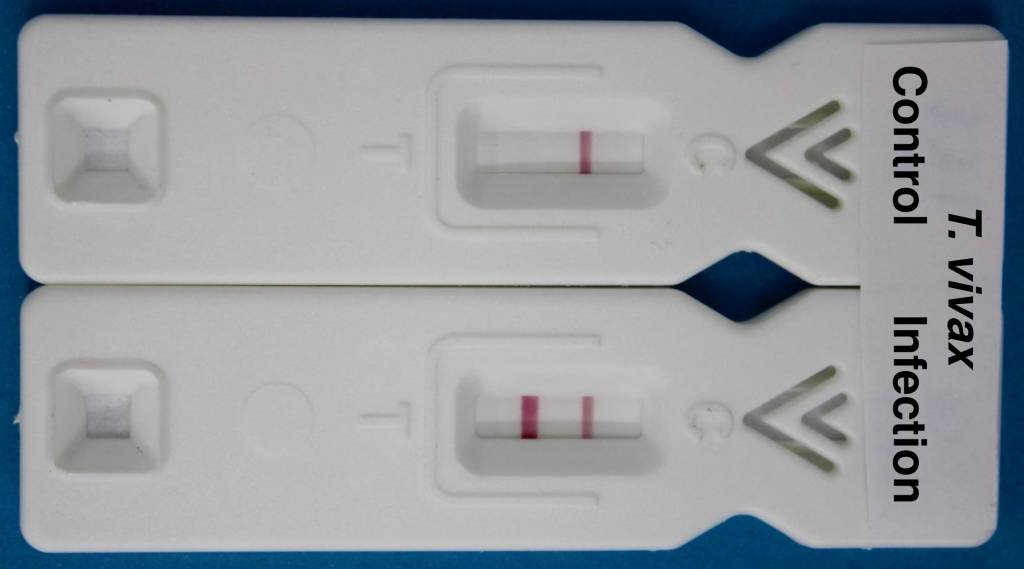Researchers in Dundee have made a major scientific breakthrough that could have a massive impact upon food stocks across Africa.
More than 60 million cattle across the continent are at risk from the nagana disease, which causes muscle wasting and death.
It’s caused by two microscopic parasite species and affects huge swathes of sub-Saharan Africa and is even now spreading to South America.
So serious is its spread across some 40 African countries it now accounts for a 50% loss in milk and meat production.
That is having a potentially catastrophic socio-economic impact upon the affected nations and their people.
Now researchers at Dundee University have developed a simple and effective test, requiring only a single drop of blood, which can identify within 30 minutes whether an animal is infected.
The simple device does not require electricity or any additional equipment, factors that are essential for deployment in resource-limited settings.
It has been created thanks to a partnership with the Edinurgh-based Global Alliance for Livestock Veterinary Medicines (GALVmed), which works to make livestock vaccines, medicines and diagnostics accessible and affordable to the millions of smallholder farmers in developing world.
Taking a hi-tech approach, the research team identified the components of the parasites that cattle make antibodies to.
One of these components was developed into a prototype diagnostic device in collaboration with Dr Steven Wall (Product Support Manager) at BBI Solutions OEM Limited, based in the Dundee MediPark.
Professor Mike Ferguson, Regius Professor of Life Sciences at Dundee University, led the research team.
He said: “Nagana is difficult to diagnose because early symptoms can be easily confused with a myriad of other endemic diseases.
“There is an urgent need for new, inexpensive and simple, diagnostics that can be used by vets and farmers to test animals prior to deploying expensive medicines.”
Dr Jeremy Salt, Senior Director of Research and Development at GALVmed, said he was delighted with the progress on the diagnostic test.
“Such a test could allow millions of smallholder farmers an efficient way to test their cattle for this debilitating disease and give peace of mind that any subsequent treatment for infection will be done with the certainty that the patient is infected, which saves the farmer money.
“This will give more control to the smallholder farmers whose quality of life has been affected by this disease that covers over 10 million square kilometres of Africa.
“To ensure that the final test is widely used throughout the regions where it’s endemic, GALVmed will be working with scientists, manufacturers and distributors in the 40 countries where the disease is rife to create a sustainable supply chain for the final product.”











